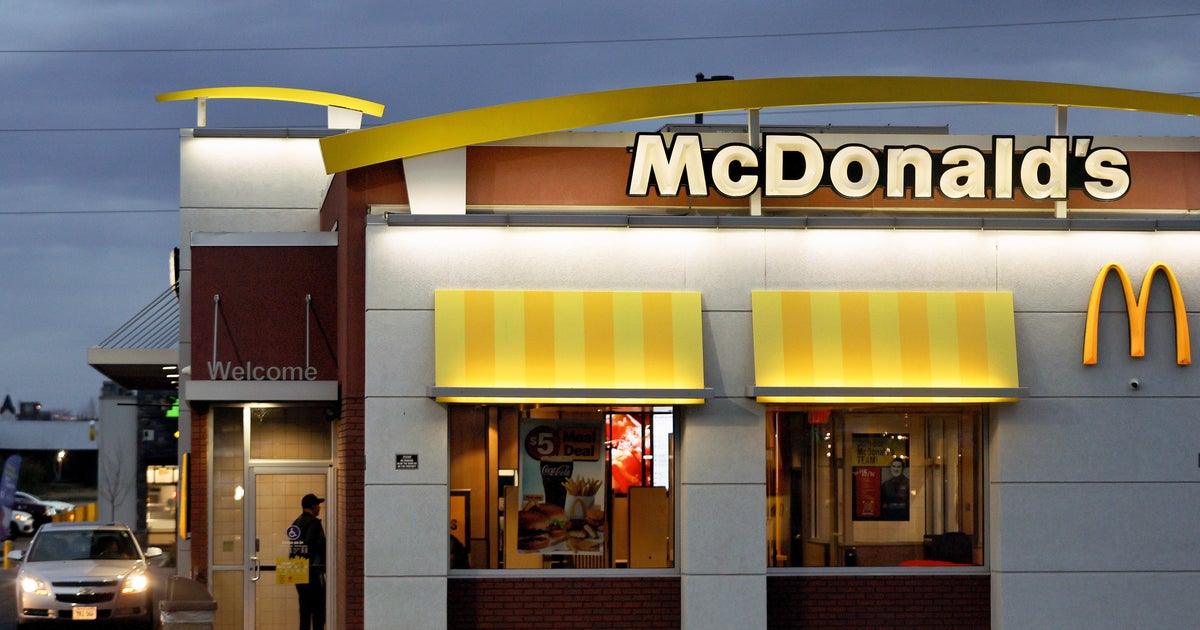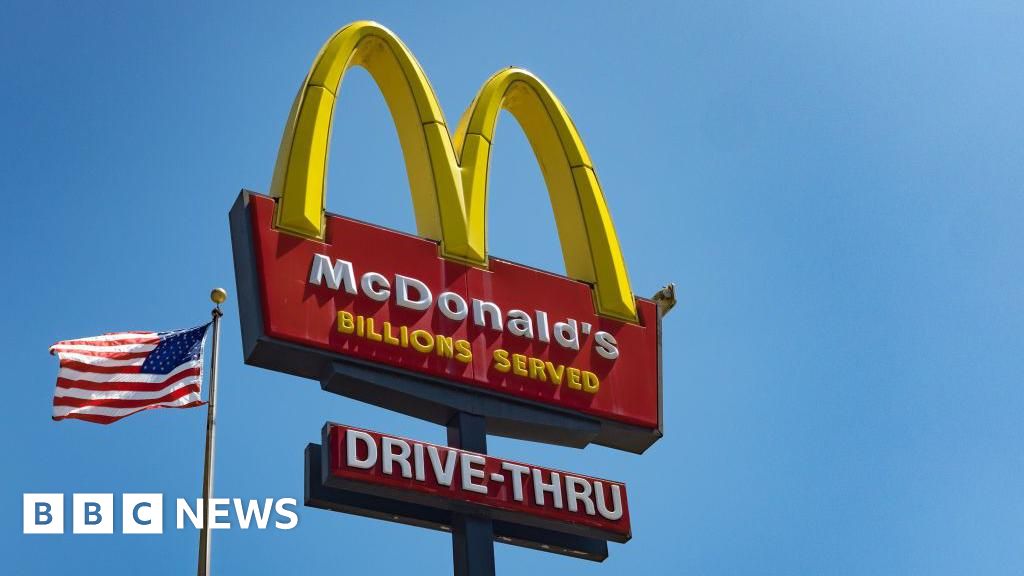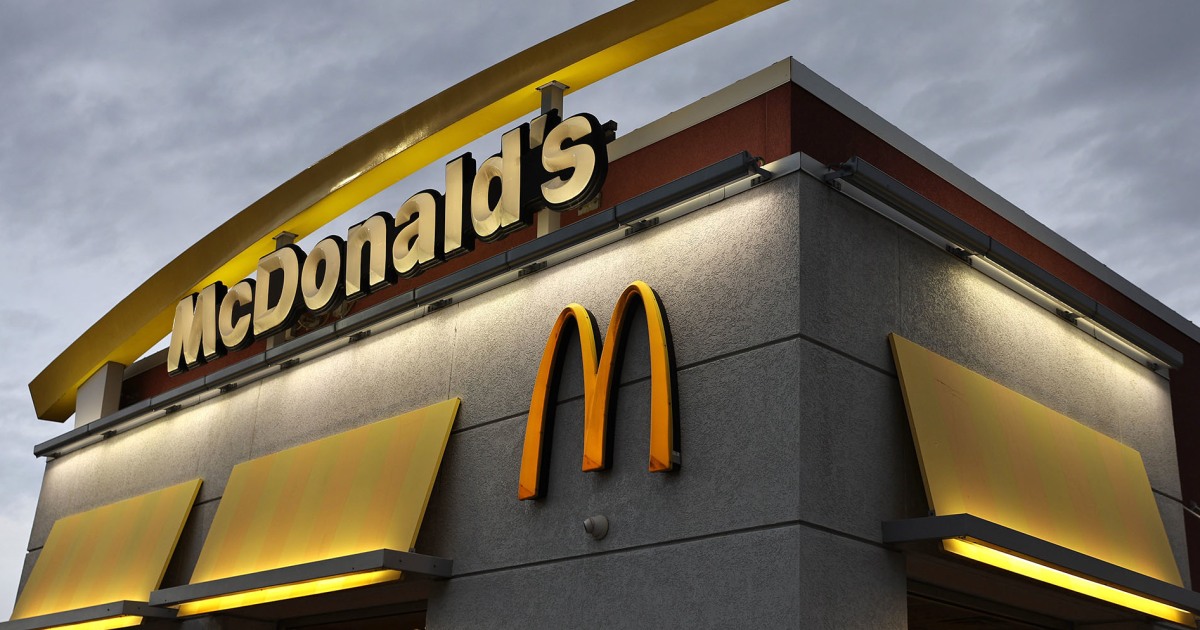McDonald's Sees 3.6% Drop in U.S. Same-Store Sales Amid Economic Uncertainty
McDonald's reports a 3.6% decline in U.S. same-store sales, the largest drop since Q2 2020, amid heightened economic anxiety and competition.
Subscribe to unlock this story
We really don't like cutting you off, but you've reached your monthly limit. At just $5/month, subscriptions are how we keep this project going. Start your free 7-day trial today!
Get StartedHave an account? Sign in
Overview
In its first quarter earnings report, McDonald's announced a 3.6% decline in same-store sales in the U.S., marking the biggest drop since the COVID-19 pandemic. CEO Chris Kempczinski cited heightened economic uncertainty, largely due to tariffs, affecting lower and middle-income consumers. Traffic to U.S. restaurants fell more sharply than expected, with global sales also dropping by 1%. This decline follows similar drops from other chains, indicating broader economic pressures. Despite new value offerings, the company’s struggles reflect increased competition and shifting consumer spending habits. Kempczinski remains optimistic about McDonald's resilience in tough market conditions.
Report issue

Read both sides in 5 minutes each day
Analysis
- McDonald's faced a steep 3.6% decline in same-store sales in the U.S. during the first quarter, the largest drop since the pandemic, primarily due to heightened economic uncertainty and consumer anxiety driven by external factors such as tariffs.
- Traffic to McDonald's U.S. restaurants decreased more sharply than expected, impacting lower- and middle-income consumers significantly, while concerns about potential inflation from tariffs have led consumers to cut back on discretionary spending.
- Despite the declines, CEO Chris Kempczinski expressed confidence in the company's ability to navigate difficult market conditions and is introducing new value offerings like the Buy One, Add One for $1 deal to attract customers.
Articles (6)
Center (3)
FAQ
McDonald's attributed the decline to reduced traffic driven by economic uncertainty, particularly affecting lower- and middle-income consumers. Analysts also noted weaker January sales and broader industry challenges[1][3][5].
The 3.6% drop is the largest U.S. same-store sales decline since Q2 2020, when COVID-19 lockdowns caused an 8.7% decrease[5].
McDonald's launched its Minecraft Movie promotion (boosting early Q2 traffic) and will introduce McCrispy Strips and Snack Wraps later in 2025. Franchisees report optimism about these initiatives[1][5].
International Operated Markets saw a 1.0% decline, while International Developmental Licensed Markets grew 3.5%[2].
Heightened economic uncertainty, potential price hikes on essentials, and shifting consumer spending habits contributed to reduced traffic, particularly among budget-conscious demographics[3][5].
History
- 6M

 3 articles
3 articles





